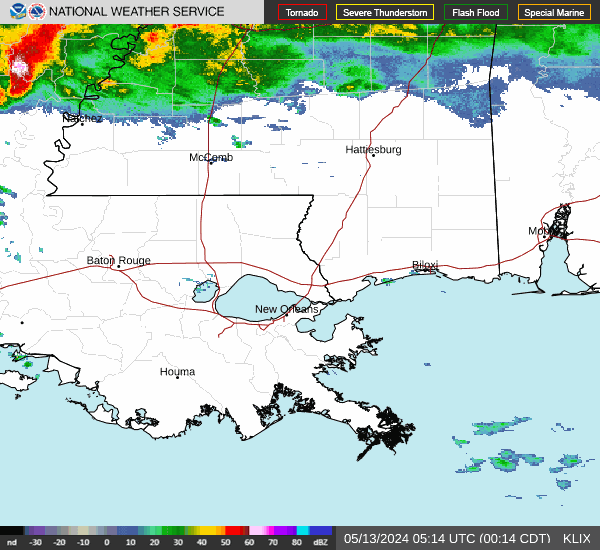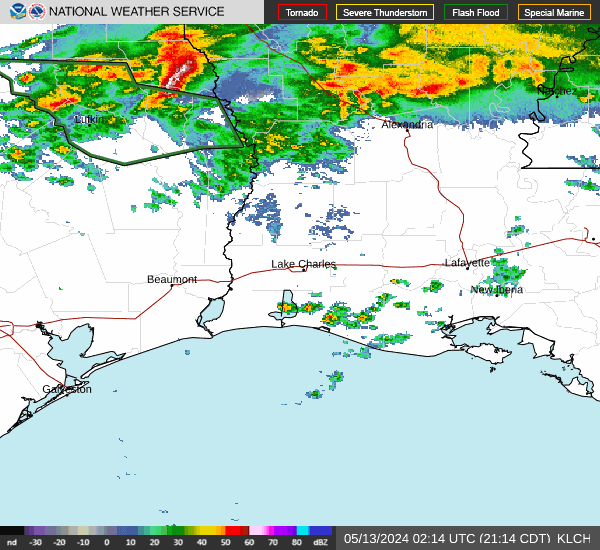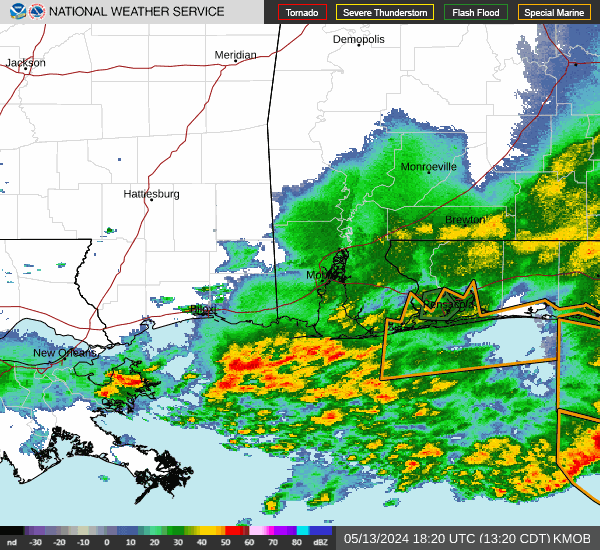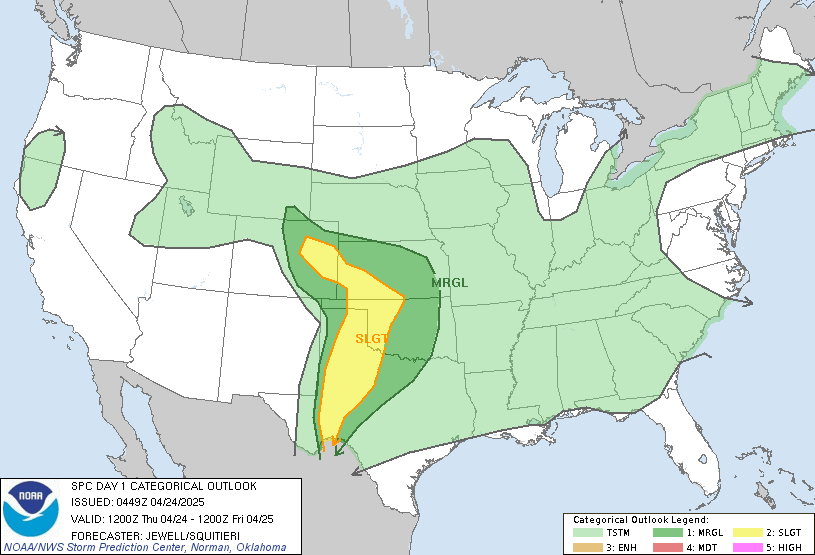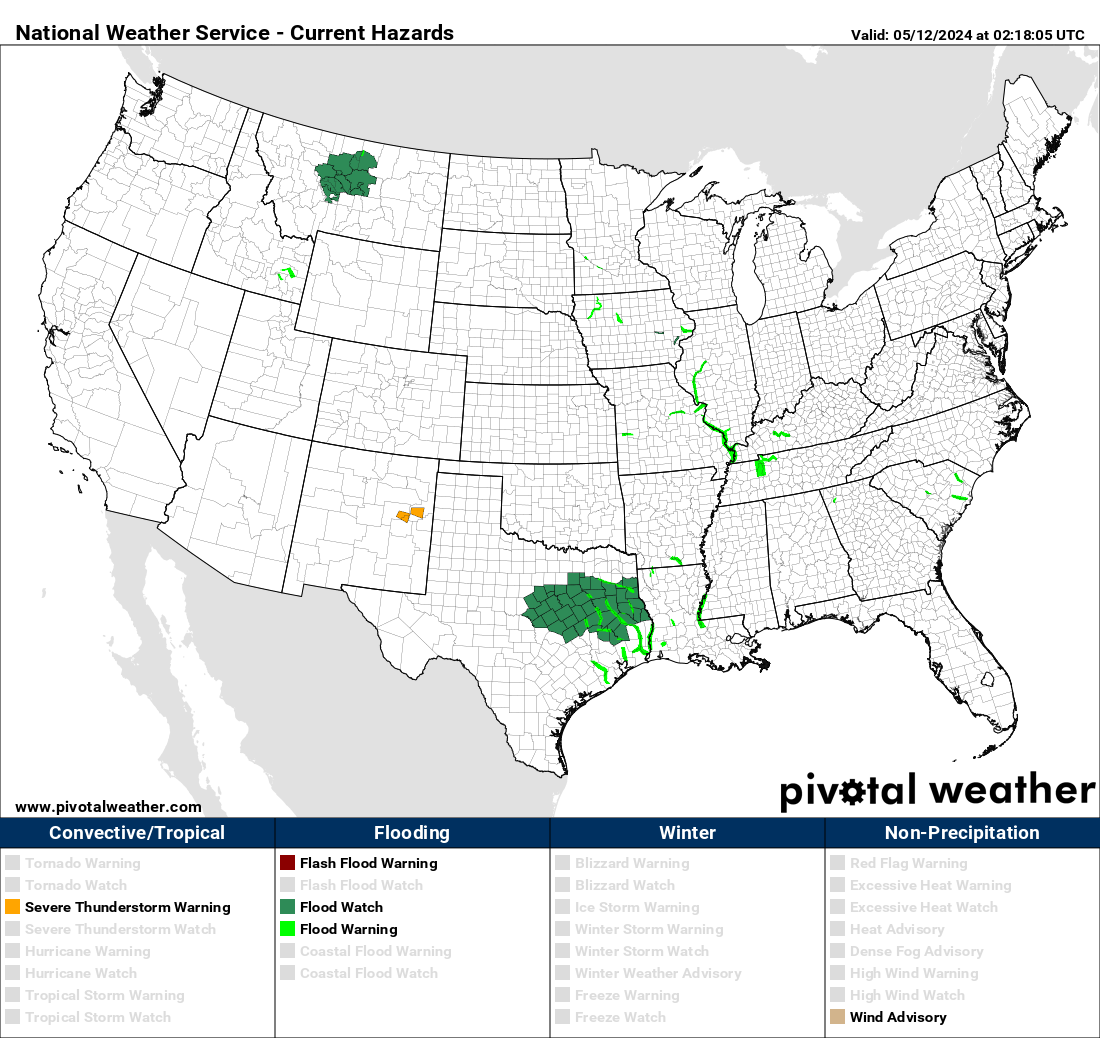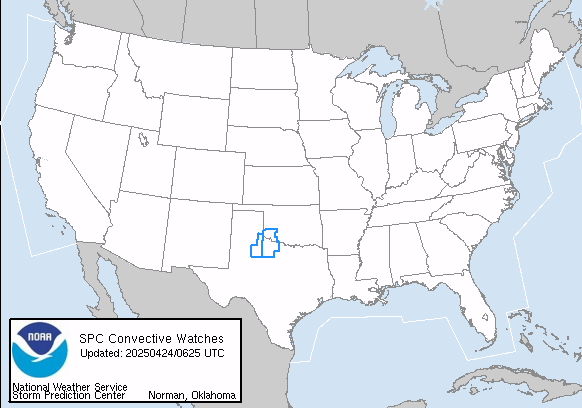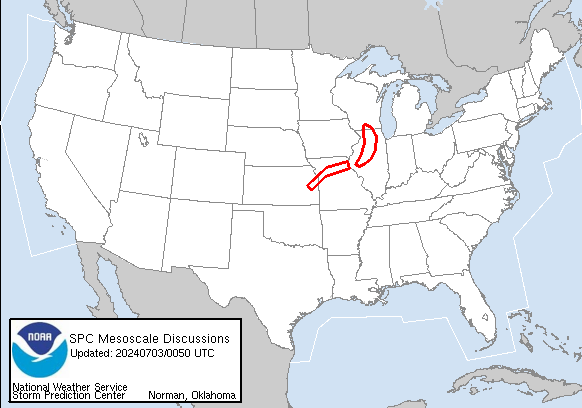Post by Harleygirl on Jun 7, 2007 9:19:44 GMT -6
www.2theadvocate.com/news/7877497.html
Advocate Washington bureau
Published: Jun 7, 2007 - Page: 1a
WASHINGTON — A hurricane tracking satellite is about to stop working and supporters of a replacement are trying to cobble together the $375 million needed to build and launch another one.
Without a satellite, hurricane forecasting would be 16 percent less accurate 72 hours before a hurricane’s landfall, and 10 percent less accurate within 48 hours, according to Bill Proenza, director of the National Hurricane Center.
The satellite QuikSCAT is five years past its projected lifespan, Forecasters and congressmen say that makes it vulnerable to failure.
Sen. Mary Landrieu, D-La., and Rep. Charles “Charlie” Melancon, D-Napoleonville, have introduced companion legislation in the Senate and House calling for the federal government to replace the current satellite about to die.
“It’s crucial that our nation’s hurricane system be first class,” Landrieu says in a statement. “With 50 percent of our population living within 50 miles of the coast, residents in these communities — in Louisiana, Florida and across the nation — deserve the best technology available to track impending hurricanes.”
In addition to hurricanes, the satellite detects coastal winds, storm surges and other weather-related events, such as “El Niño.”
“We need more advanced warning of storms and can’t afford to slide backward,” Landrieu said. “This requires a long-term solution.”
NASA launched the QuikSCAT satellite in 1999. The tracker was expected to remain in service until 2002.
The probe was built in just 12 months because the previous satellite was lost in 1997. An instrument on the satellite sends pulses of microwave energy through the atmosphere and measures energy that bounces back from the wind on the ocean’s surface.
The microwave pulses change depending on the wind speed and direction, allowing scientists to monitor gusts around the world.
“People all along the Gulf Coast are preparing once again to face any number of severe storms,” Melancon said. “To help them better plan to evacuate, we need to apply the latest advances in technology to provide our coastal communities with the most advanced hurricane forecasting and tracking systems available. Better hurricane forecasting will no doubt save lives.”
Four members of Congress from Florida have agreed to co-sponsor the legislation. Another co-sponsor is former Democratic presidential nominee, Sen. John Kerry, D-Mass.
“After the devastation of Hurricane Katrina, we said ‘never again,’ ” Kerry said. “In order to keep that promise to the survivors and ourselves, we must ensure access to the best technology, to help predict dangerous hurricanes.”







